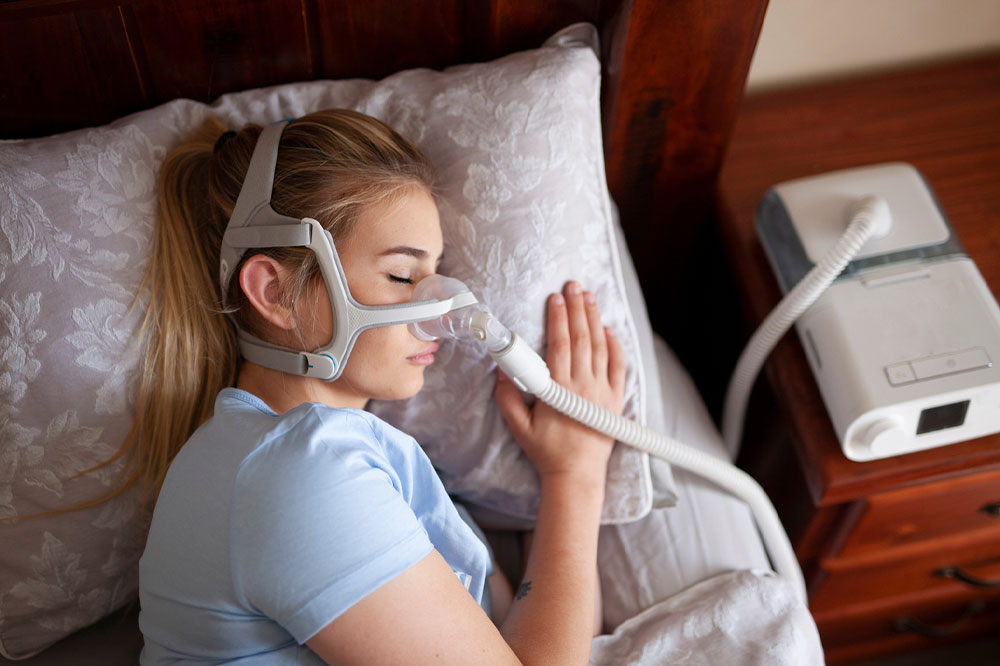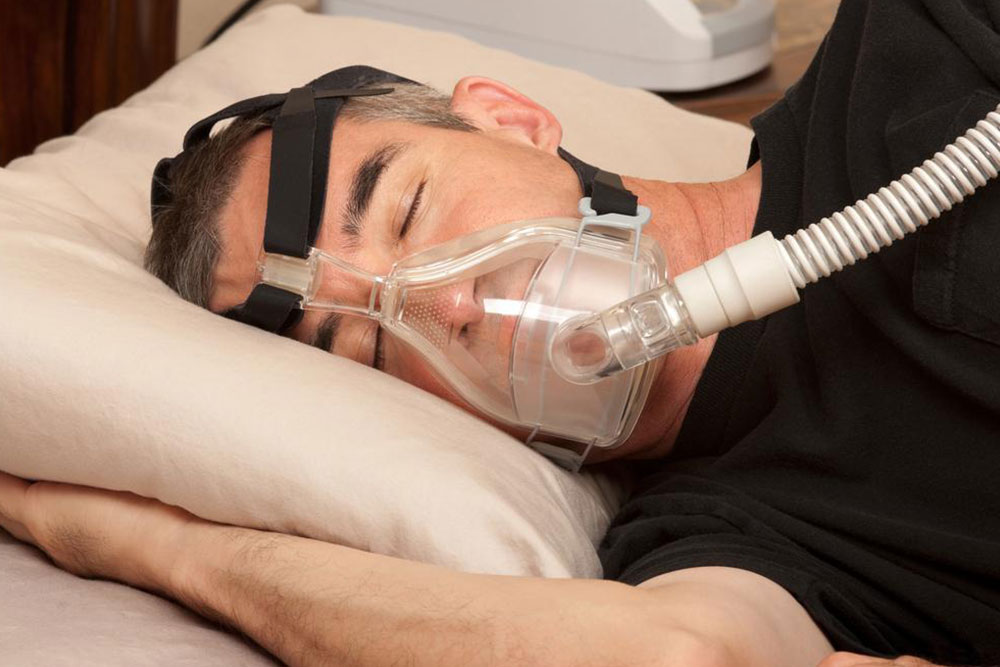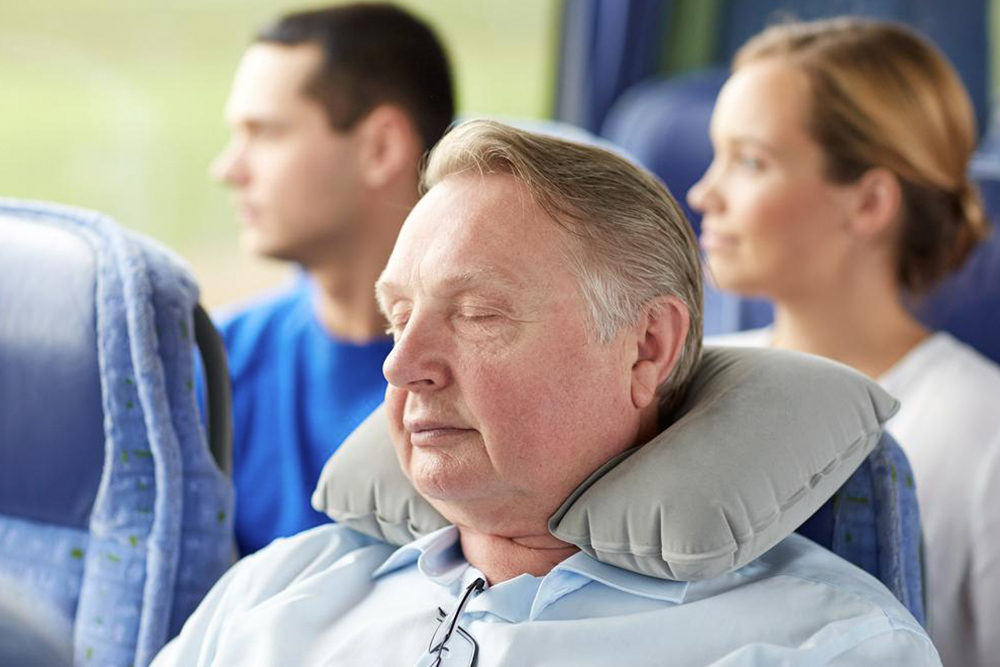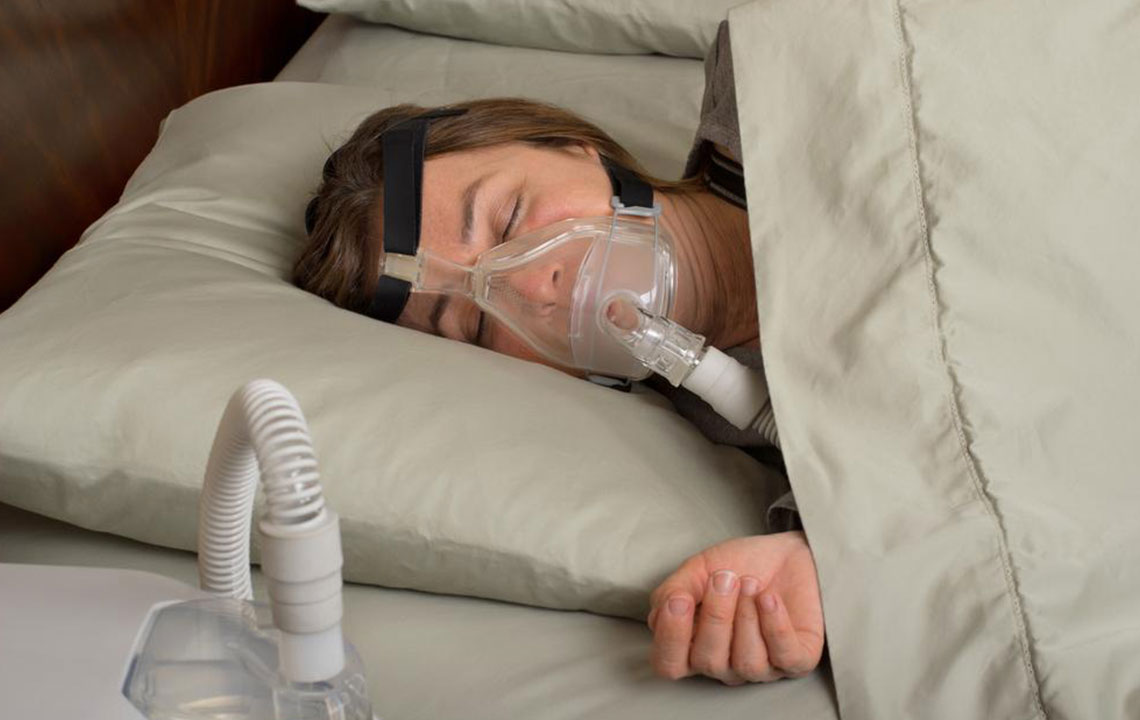Top Alternatives and Solutions for Managing Sleep Apnea Effectively
Explore effective alternatives to CPAP therapy for sleep apnea, including oral devices, position therapy, and surgical options. Find personalized solutions aimed at improving sleep quality and overall health. Always consult a healthcare professional for tailored treatment plans.

Continuous positive airway pressure (CPAP) machines are commonly prescribed for sleep disorders like obstructive sleep apnea (OSA). They work by delivering pressurized air through a mask covering the nose or nose and mouth, keeping the airway open during sleep. While effective at improving sleep quality and reducing cardiovascular risks, some patients find CPAP uncomfortable or difficult to use. Fortunately, there are several alternative treatments available to help manage sleep apnea effectively.
Understanding CPAP and Its Limitations
CPAP therapy involves breathing pressurized air to prevent airway blockage. Modern devices feature automatic pressure adjustments and pressure relief options to improve comfort. Nevertheless, some users face challenges in tolerating the therapy, prompting the need for alternative options.
Alternative Strategies for Sleep Apnea Management
While CPAP remains the primary treatment for moderate to severe cases, many patients seek other approaches due to comfort or compliance issues. Personalized treatment strategies can include various options.
Provent Therapy - Nasal Valve Device
This innovative therapy employs small valves inserted into each nostril, creating resistance during exhalation to keep the airway open. Portable and disposable, its coverage varies by insurance and availability.
Dental Devices and Oral Appliances
Custom-made mouthguards designed by dental professionals can advance the jaw and stabilize the tongue, reducing airway obstruction during sleep.
Adjusting Sleep Positions
Sleeping on the back often worsens apnea symptoms. Switching to sleeping on the side can decrease episodes. Some devices alert users when they sleep on their back, though maintaining this habit can be challenging.
BiPAP - Bilevel Positive Airway Pressure
BiPAP machines provide two pressure levels: higher during inhalation and lower during exhalation. They are suitable for those with other respiratory conditions like COPD or who cannot tolerate standard CPAP. Consultation with a sleep doctor is recommended.
Adaptive Servo-Ventilation (ASV)
ASV devices monitor breathing patterns and adjust airflow dynamically, ideal for complex sleep apnea cases. These machines deliver customized pressure support, enhancing comfort and treatment efficacy.
Jaw Surgery - Maxillomandibular Advancement (MMA)
For individuals with jaw structural issues affecting airway size, surgical procedures like maxillomandibular advancement can enlarge the airway and reduce apnea occurrences.
Selecting the Best Treatment
Choosing the appropriate treatment depends on factors like cost, comfort, and compliance. CPAP devices generally start around $250, but costs can exceed $1,000, with insurance often requiring rental plans and compliance monitoring—using the device at least four hours per night, most nights.
Note:
These options aim to assist individuals with sleep apnea in exploring their treatment choices. Always consult healthcare professionals for customized advice. This content provides general information and is not a substitute for medical guidance. Variations in insurance coverage and individual responses can impact treatment success.


